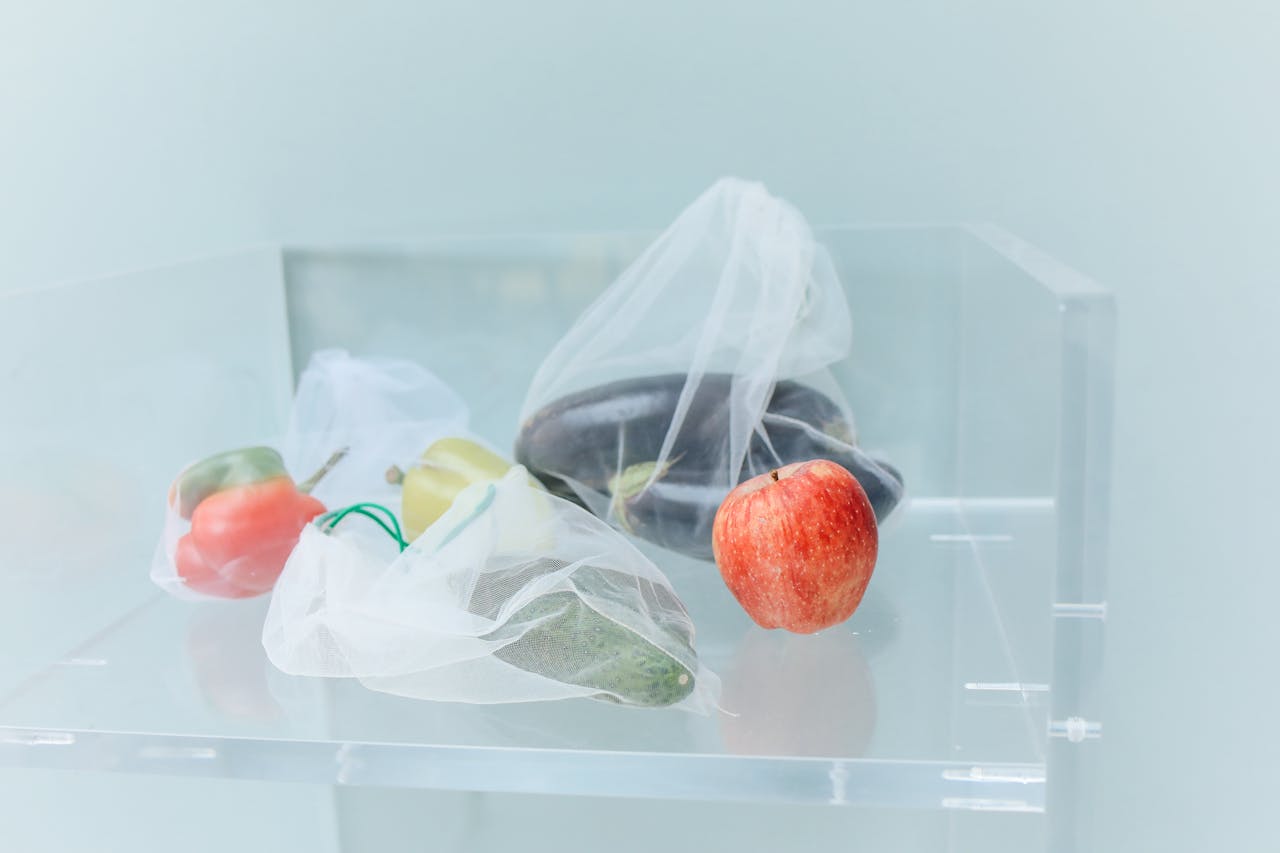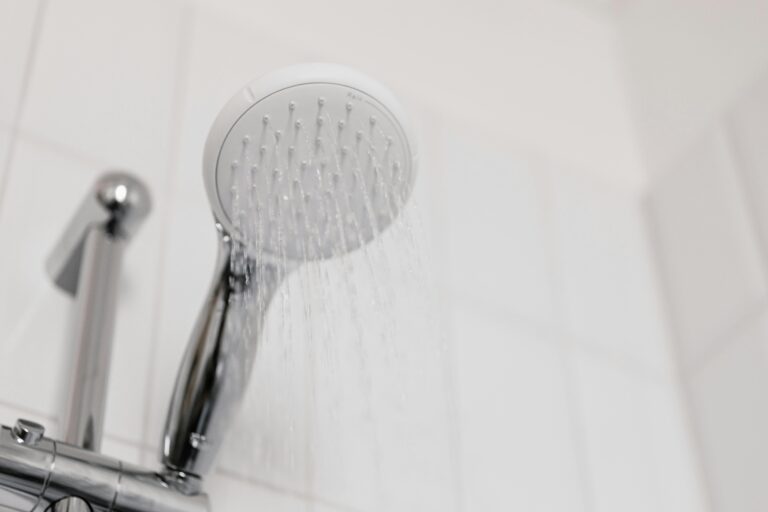Write Us: hello@ali5.org
7 Eco‑Friendly Swaps That Improve Your Health and Save the Planet
Make your lifestyle greener and healthier with these 7 simple eco-friendly swaps. Better for your body, and the planet. Sustainable living starts with small changes.

Your health is important to you. You have a concern for the environment. However, it can occasionally feel overwhelming to make changes that support both, as if you have to give up everything you value or spend a fortune for “green” products.
Good news: You don’t have to go zero-waste overnight. Even small changes in your daily routine can have a big impact. Some eco-friendly swaps don’t just help reduce your carbon footprint; they can boost your health, too.
Here are 7 smart, sustainable swaps that benefit both you and the Earth, no extremes required.
1. Ditch Plastic Water Bottles → Use a Reusable Glass or Stainless Steel Bottle
Why it helps you:
Plastic bottles can leach harmful chemicals like BPA and microplastics into your water, especially if left in the heat. Switching to a reusable bottle ensures you drink cleaner water, free from contaminants.
Why it helps the planet:
Over 1 million plastic bottles are bought every minute globally, and most aren’t recycled. One reusable bottle can replace hundreds of single-use plastics every year.
Bonus: You’ll drink more water when it’s always with you.
2. Skip Scented Candles → Try Essential Oil Diffusers
Why it helps you:
Many scented candles (especially paraffin-based ones) release toxic compounds and indoor air pollutants. Essential oils, on the other hand, can uplift mood, reduce stress, and purify the air, without the hidden chemicals.
Why it helps the planet:
Paraffin wax is a byproduct of petroleum. Essential oil diffusers (especially ultrasonic ones) are energy-efficient and use fewer raw materials overall.
3. Replace Fast Fashion → Choose Organic or Secondhand Clothing
Why it helps you:
Cheap synthetic fabrics often contain chemical dyes and microplastics that can irritate skin and disrupt hormones. Natural, organic fibers like cotton, hemp, or bamboo are more breathable and safer for sensitive skin.
Why it helps the planet:
The fashion industry is one of the largest polluters on Earth. Buying fewer, higher-quality items or secondhand clothing reduces waste and water consumption significantly.
4. Swap Non-Stick Pans → Cook with Cast Iron or Stainless Steel
Why it helps you:
Non-stick coatings like Teflon can release harmful fumes when overheated and may contain PFAS (forever chemicals) linked to health issues. Cast iron adds a small boost of iron to your food and has no toxic coating.
Why it helps the planet:
Cast iron lasts for decades, reducing waste. It’s also fully recyclable, unlike non-stick cookware, which often ends up in landfills.
5. Replace Plastic Food Wrap → Use Beeswax Wrap or Silicone Lids
Why it helps you:
Plastic wrap can transfer chemicals to your food, especially when heated or wrapped tightly around oily leftovers. Reusable alternatives like beeswax wrap are breathable, antibacterial, and food-safe.
Why it helps the planet:
They reduce single-use plastic waste, are compostable or long-lasting, and cut down on petroleum-based plastic consumption.
6. Trade Chemical Cleaners → Make Your Own Natural Cleaners
Why it helps you:
Conventional cleaners often contain harsh chemicals and artificial fragrances that can irritate your skin, eyes, and lungs. Simple DIY mixes (like vinegar, baking soda, lemon, and essential oils) clean just as well, without the toxicity.
Why it helps the planet:
Homemade cleaners use fewer plastic containers, reduce chemical runoff into water systems, and are gentler on wildlife.
7. Swap Single-Use Pads and Tampons → Try a Menstrual Cup or Organic Cotton Products
Why it helps you:
Menstrual cups are made of medical-grade silicone and are free of dyes, chlorine, and fragrance. They’re also cost-effective and can be worn for up to 12 hours. Organic cotton pads and tampons reduce exposure to pesticides and bleaching agents.
Why it helps the planet:
One menstrual cup can replace over 2,000 pads or tampons. Organic cotton is biodegradable and uses less harmful farming practices.
Final Thoughts
Eco-friendly living doesn’t have to be about perfection; it’s about progress and awareness. Many of the swaps that reduce waste or cut pollution also lead to cleaner air, safer food, and better health for you and your family.
Start with one or two changes that feel manageable, and build from there. What’s good for the Earth often turns out to be good for your body, too, and that’s a win for everyone.







